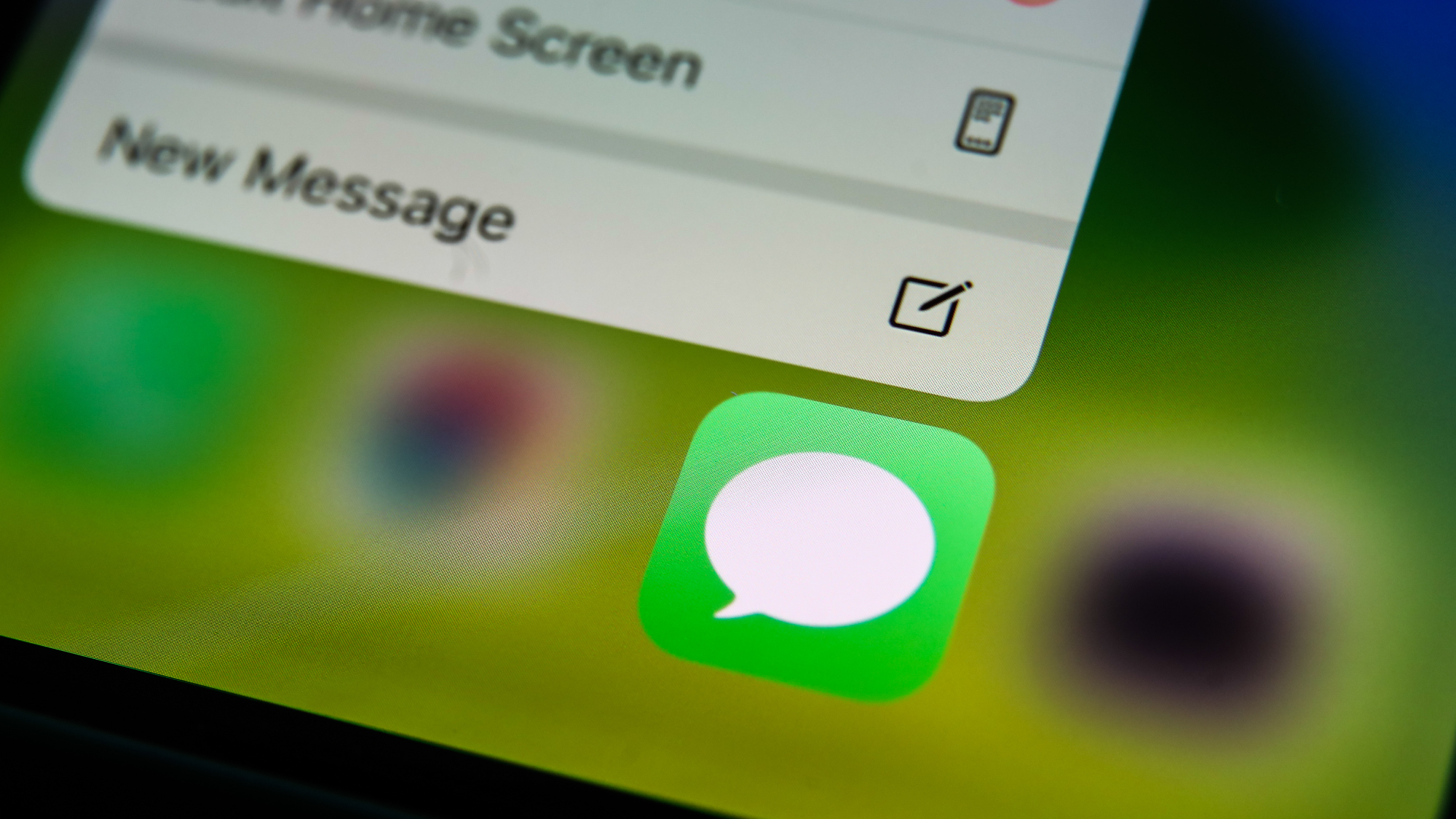
The ongoing saga between Apple and iMessage for Android app Beeper Mini has led to a bipartisan letter calling on the Assistant Attorney General to investigate “whether this potentially anticompetitive conduct by Apple violated the antitrust laws.”
The letter, co-signed by Senators Amy Klobuchar and Mike Lee and Representatives Jerrold Nadler and Ken Buck, was sent Sunday to US Assistant Attorney General Jonathan Kanter. According to their letter, Apple has previously admitted it leverages iMessages “to lock users into Apple’s ecosystem of devices and services”, and Beeper Mini “threatened to reduce this leverage creating a more competitive mobile applications market.”
As the letter notes and as we’ve reported previously, Beeper Mini came out on Android a couple of weeks ago and used reverse engineering to bring iMessage to Android, using fake credentials in order to gain access to iMessage. In a statement, Apple confirmed it “took steps to protect our users by blocking techniques that exploit fake credentials in order to gain access to iMessage,” stating the techniques used “posed significant risks to user security and privacy, including the potential for metadata exposure and enabling unwanted messages, spam, and phishing attacks.”
Beeper Mini hit back, stating they had made messaging between iPhones and Android devices more secure, and offered to share the entire Beeper Mini codebase with a mutually agreed upon 3rd party security firm or to add a dedicated emoji to the metadata on messages sent from the app so iMessage users could tell the difference.
The politicians wade in — iMore’s take
Now, several U.S. politicians have waded into the debate, but if their insight is anything like Elizabeth Warren’s comments on the situation, they probably don’t know what’s going on. As we’ve previously noted, “Apple isn't squashing a competitor by preventing Beeper from breaking into iMessage and forcing it to work on a different platform. It's stopping Beeper from accessing a service that it doesn't own, nor has permission to access, in order to then resell it for profit.”
The idea that iMessage is the catch-all feature pinning down otherwise-Android users to iPhone is very strange, and there is a plethora of alternative messaging apps that all use end-to-end encryption and cross-platform messaging to get around this. This issue only ever seems to get oxygen in the U.S., where the proliferation of iPhones is higher than elsewhere in the world and where apps like WhatsApp are less popular.
The idea of iMessage “lock-in” also ignores the fundamental flaw in this chicken-and-egg argument. iMessage is popular because iPhones are popular, not the other way around. Nobody buys an iPhone or an iPad because it has iMessage on it. They use iMessage because they’ve bought an iPhone.
At least now the problem has been put before the politicians, we’ll hopefully get another round of hilariously ill-informed questions from a congressional hearing.







